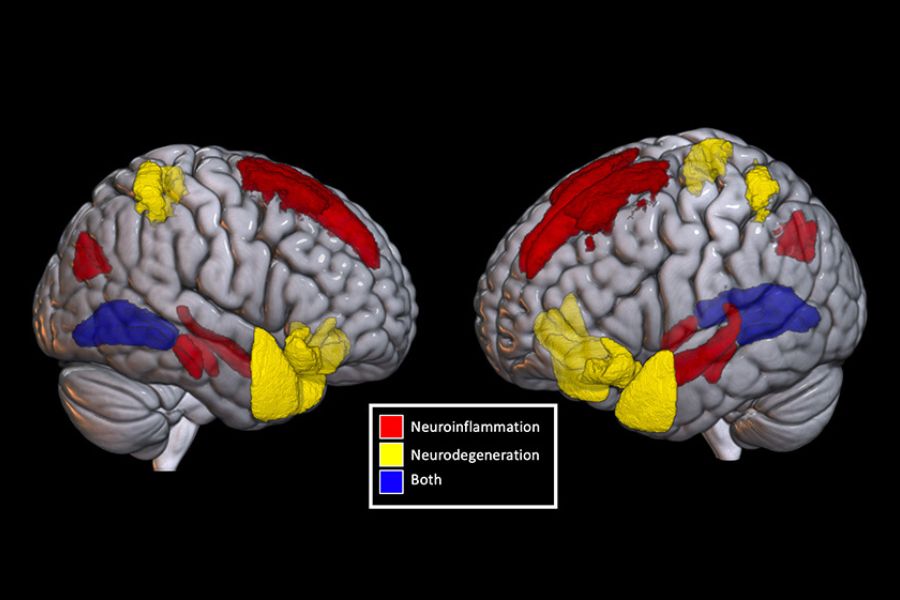
June marks Migraine and Headache Awareness Month – a critical opportunity to spotlight migraine, and support the millions who suffer from this debilitating condition.
The devastating impacts
From splitting headaches to incapacitating fatigue, a lack of sleep, unbearable nausea, and a sensitivity to light and sound, migraine has an enormous impact on various aspects of daily life. By interfering with work, social activities, and emotional well-being, migraines quickly shatter daily routines, and one’s quality of life plummets due to chronic pain. Migraine can even increase the risk of other health problems.
In total, migraine strikes five million Canadians and ranks as the world’s third most prevalent disease, afflicting up to 14% of the global population.
A complex disorder
While often misunderstood as simply bad headaches, migraine is actually a complex neurological disorder. This fallacy leads to such misunderstandings as migraines being “all in your head,” that they only affect women, or that they are easily relieved by over-the-counter medication.
Furthermore, migraines can be mistaken for other conditions or dismissed as less serious than they are, affecting sufferers’ lives and relationships.
The causes
Both genetics and environmental factors influence the occurrence of migraines, and they can be triggered in several ways. These include emotional stress, changes in sleep patterns, certain foods and additives, overexertion, and hormonal changes.
Preventing and managing migraines
Strategic lifestyle changes offer powerful tools for preventing and managing migraines, as outlined below.
1. Stress management: Manage your stress by using techniques such as breathing exercises, meditation, taking short breaks throughout the day to relax, and engaging in activities that bring joy and relaxation. Stress less, smile more!
2. Regular sleep patterns: Maintain consistent sleep schedules and ensure you get an adequate amount of sleep each night. Poor sleep habits can exacerbate migraine symptoms. A good night’s rest equals a happy head!
3. Healthy diet: Adopt a balanced diet rich in fruits, vegetables, whole grains, and lean proteins while avoiding potential migraine triggers like processed foods, caffeine, and alcohol.
4. Hydration: Stay well-hydrated throughout the day by drinking plenty of water. Hydration is key to keeping those headaches at bay!
5. Regular exercise: Engage in moderate physical activity regularly to reduce stress levels and promote overall well-being. Please keep in mind that intense physical activity might trigger migraines in some individuals—moderation is key!
6. Limit caffeine and alcohol: Reduce consumption of caffeine and alcohol, as they can both act as migraine triggers.
7. Maintain a migraine diary: Keep track of potential triggers and patterns by maintaining a migraine diary. This can help you identify specific factors that contribute to your migraines and enable you to make informed lifestyle adjustments.
By prioritizing these lifestyle changes, you can take proactive steps toward preventing and managing migraine symptoms effectively, leading to improved overall quality of life.
UHN resources
At University Health Network (UHN), several resources are offered for migraine management, including the Krembil Brain Institute, the Comprehensive Integrated Pain Program (CIPP), and the Toronto Western Family Health Team through their Migraine Education and Optimization Clinic (for patients of the Family Health Team).
Information on the Migraine Clinic at the Toronto Western Family Health Team can be found here.
The Family Health Team regularly hosts webinars open to all.
Other useful resources for migraine patients can be found here.

No one ever changed the world on their own but when the bright minds at UHN work together with donors we can redefine the world of health care together.


